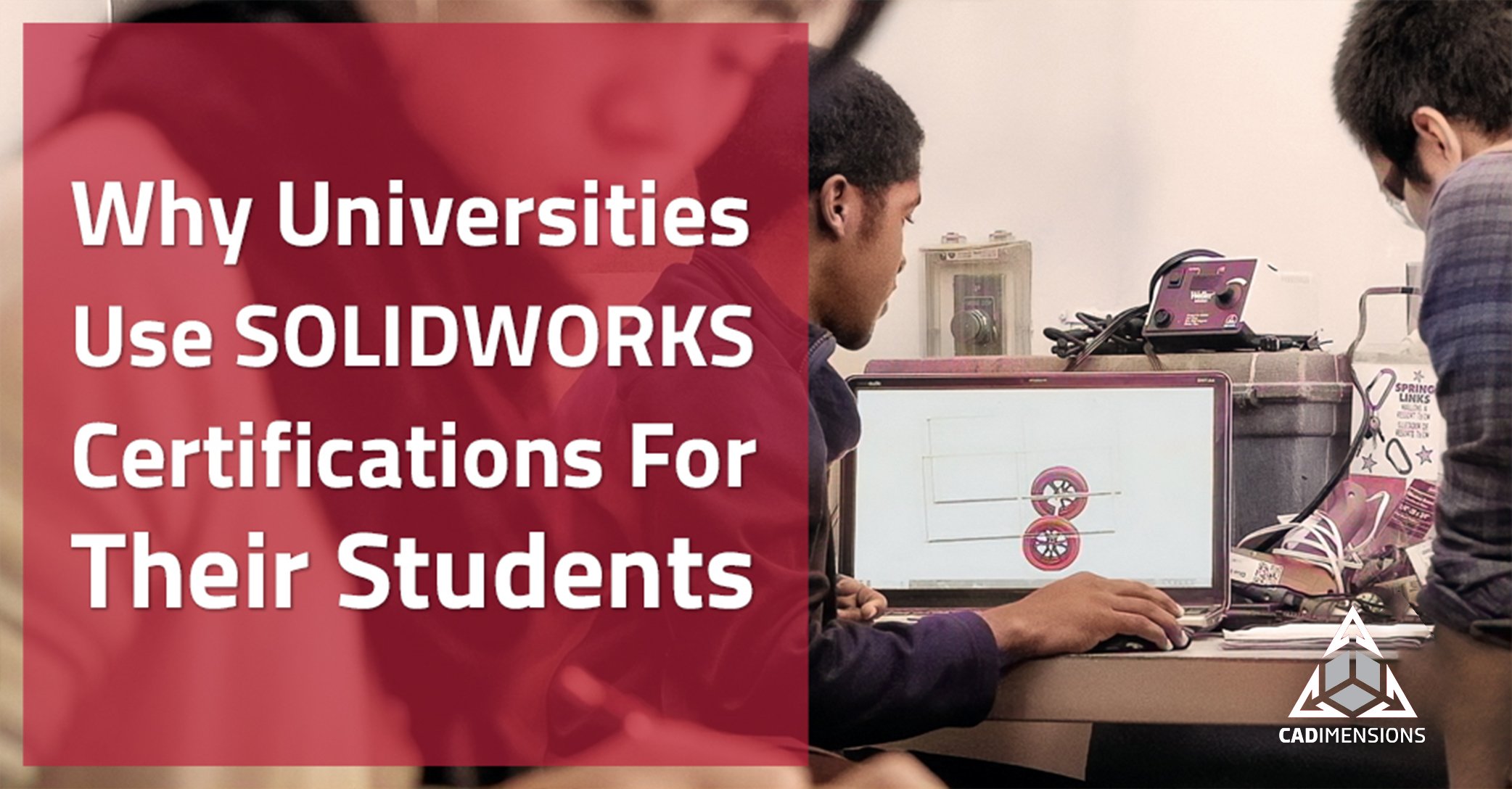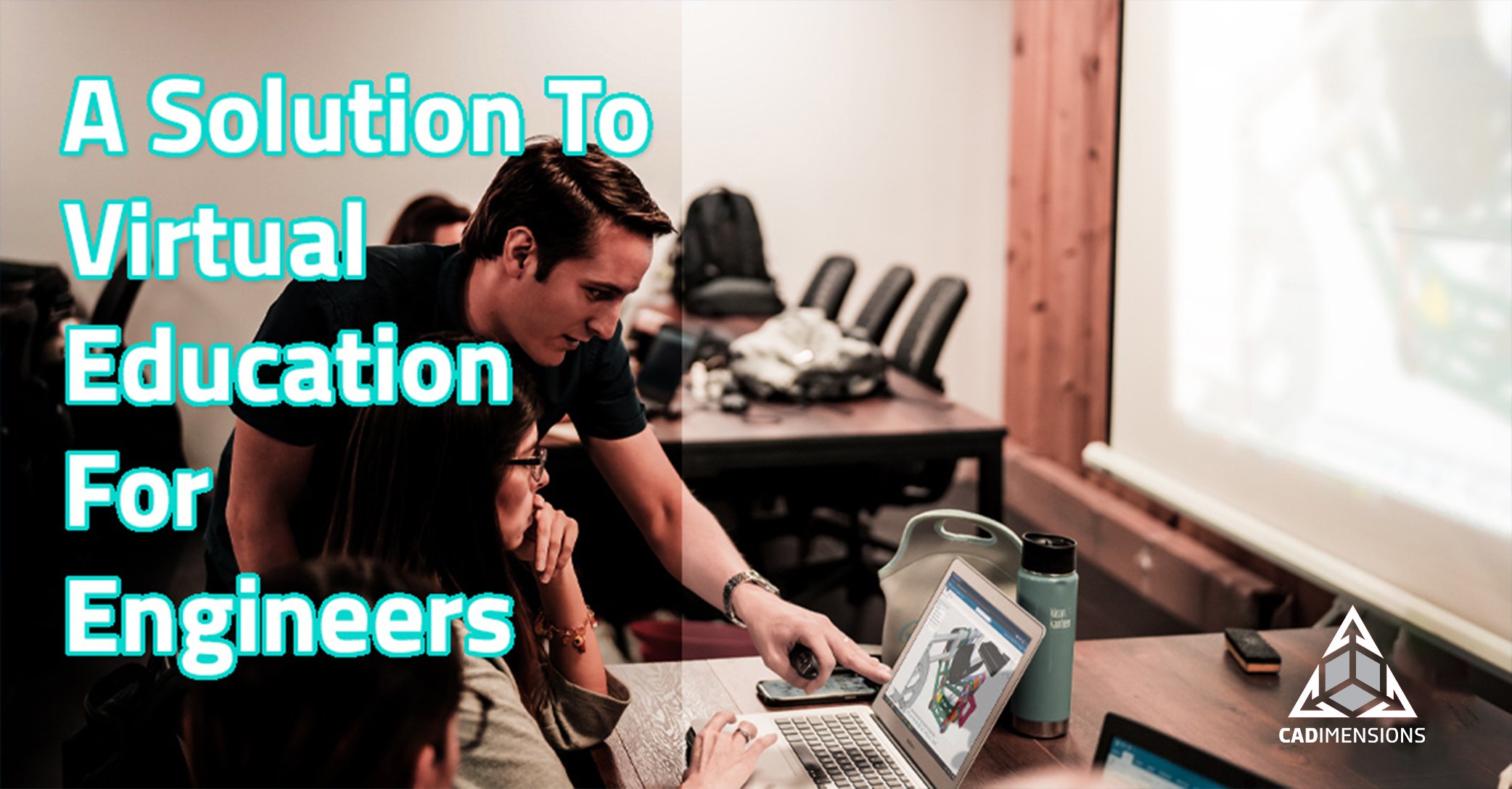Teaching Critical Skills That Remain Relevant in Our Changing World
Master the skills that matter today and into the foreseeable future.
Throughout time, teaching and education have been how humans pass down knowledge and information. While much of that knowledge remains constant, most of it becomes obsolete as our civilization advances.
Teaching Students Skills That Remain Relevant
As history shows us, our world is always changing, and we must adapt if we are to move in a growth-centric direction. Massive change affects each era, whether it be something as significant as a World War or as radical as political and social shifts.
Staying relevant in a changing world is a challenge everyone must face head-on. And the predictions of our future are wild and ever-evolving, which makes learning future-centric skills a top priority for those who want to stay competitive for the years to come.
History points to three primary areas of interest that have significant implications for education: globalization, technology, and the state of the workforce. Each domain promises a better world, but on the flip side, it can be hard to keep up with the rapid change of—say—technology.
We need to teach the young minds of today how to think forward, mitigate the challenge of change, and harness skills that are future-proofed. The latter brings us to our next point.
What Skills Do Students Need That Will Stay Relevant?
A study conducted by Gallup revealed that 96% of CAOs at universities believe they are preparing young people for today’s workforce.
However, only 36% of students believe they will graduate with the knowledge and skills to succeed in the workplace, and only 34% think they’ll find success in the job market.
This is not to say universities are not trying to provide relevant skills to students. It simply means that most universities are likely constantly playing catch up with the skills needed for future success, i.e., teaching specific skills involving the “latest” version of tech, which will become obsolete by the time the student graduates.
Teachers and educators should focus on skills that will remain relevant in broader, farther-reaching contexts, such as:
- Identifying and relating to others in the workplace
- Composing a fully comprehensive written report
- Business professional communication language
- Critical thinking and reasoning in complex situations
- Creative thinking and abstract conceptualization
- Using nonverbal communication effectively
- Negotiating in professional settings
- Resolving ethical dilemmas
- Mediating conversations
These are skills you can take and apply to any discipline, regardless of your career focus or the state of our world. Honing just one of those will help you remain relevant.
SOLIDWORKS for Education Provides Skills for the Future
SOLIDWORKS is the industry standard for the vast majority of the engineering world, so getting students to learn it early on can set them up for success by the time they start their careers.
In today’s competitive job market, engineering students need to grab every advantage and opportunity. We give students a way to gain real-world experience in a virtual environment, learning engineering practices that industry leaders use today.
In affiliation with SOLIDWORKS, we offer a variety of certifications for SOLIDWORKS, which can help students learn CAD software better, gain a sense of confidence in their skills, and boost their resumes.
Contact us to purchase SOLIDWORKS for Education or to find out more.


















